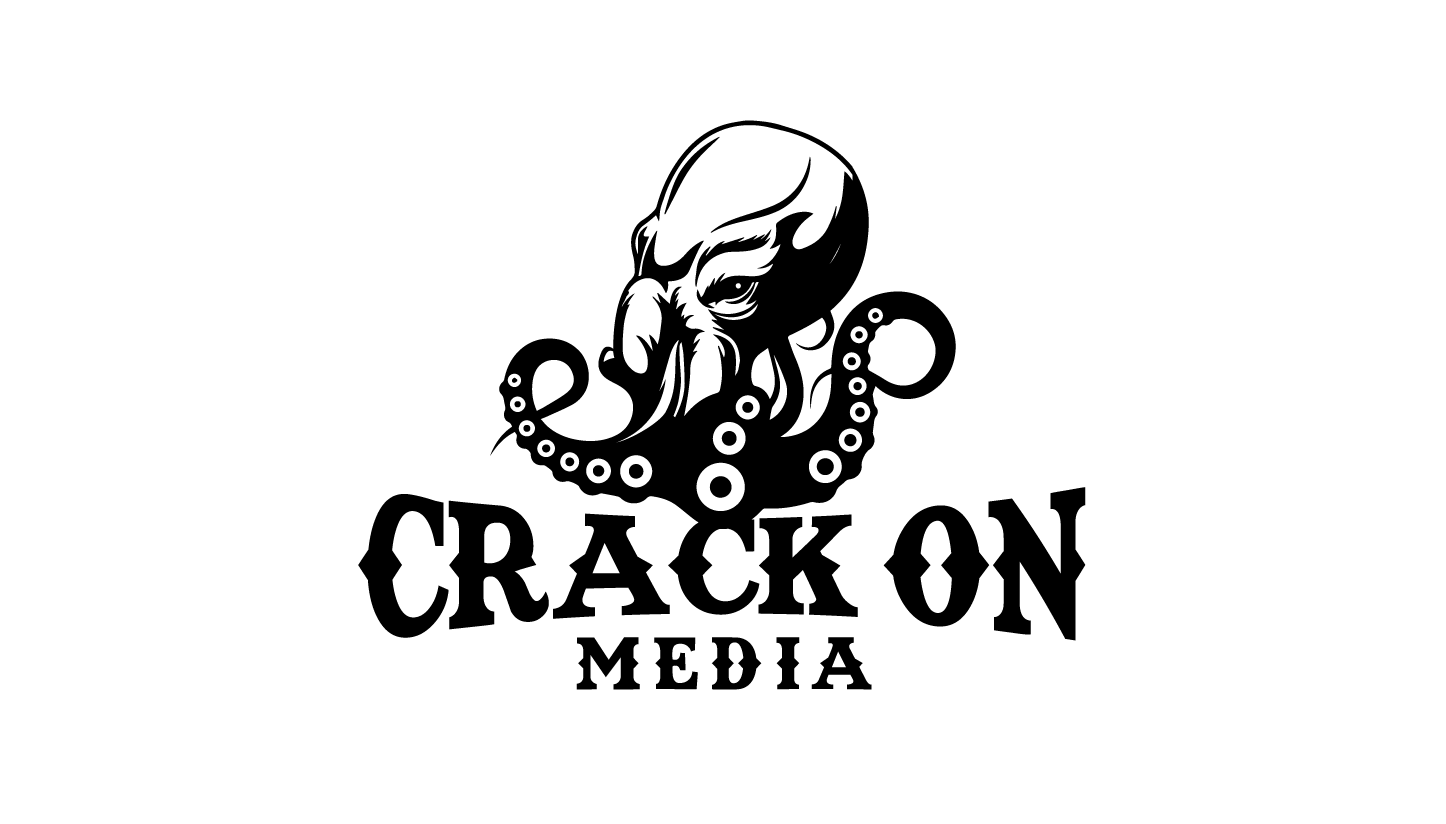In today’s digital landscape, personalization has become a key aspect of effective marketing strategies. Tailoring messages and experiences to individual customers can significantly enhance engagement, build customer loyalty, and drive conversions. However, manually personalizing marketing efforts for each customer can be time-consuming and resource-intensive. This is where Artificial Intelligence (AI) comes into play. AI-powered tools and algorithms can streamline and accelerate the personalization process, allowing marketers to deliver highly targeted and relevant experiences at scale. We will explore how to leverage AI to speed up personalization in every aspect of your marketing and achieve better results.
Collect and Analyze Customer Data
AI-driven tools like customer data platforms (CDPs) and customer relationship management (CRM) systems can help collect, aggregate, and analyze customer data from various sources. For instance, tools like Segment, Salesforce Customer 360, or Adobe Experience Platform can gather data from website interactions, mobile apps, social media, and offline channels. These tools use AI algorithms to analyze the data and provide valuable insights for creating customer segments and personalized marketing campaigns.
Implement Machine Learning Algorithms
Machine Learning algorithms play a crucial role in personalization. AI-powered recommendation engines, such as Amazon Personalize, can analyze customer behavior, purchase history, and browsing patterns to suggest personalized product recommendations in real time. Netflix utilizes ML algorithms to recommend movies and shows based on user preferences and viewing history. These algorithms continuously learn and improve over time, adapting to individual customer preferences.
Dynamic Content Generation
AI-powered content generation tools, such as Persado or Phrasee, use Natural Language Processing (NLP) algorithms to analyze customer data and generate personalized content. For instance, an email marketing tool equipped with AI can dynamically generate subject lines, email body content, and call-to-action text based on individual customer attributes, resulting in highly personalized and engaging emails.
Real-Time Personalization
AI-driven personalization platforms like Optimizely or Dynamic Yield allow marketers to deliver real-time personalized experiences. For example, a retail website can use AI algorithms to analyze a customer’s browsing behavior and display relevant product recommendations or promotions in real time as they navigate through the site. These platforms leverage AI to optimize the content, layout and offer based on customer preferences, resulting in a seamless and personalized user experience.
Chatbots and Virtual Assistants
AI-powered chatbots and virtual assistants, such as Chatfuel or IBM Watson Assistant, can engage with customers in personalized conversations. These tools utilize Natural Language Understanding (NLU) and ML algorithms to understand customer queries and provide tailored responses. Chatbots can offer personalized product recommendations, answer FAQs, or guide customers through the purchase process, providing a personalized experience at scale.
A/B Testing and Optimization
AI-driven experimentation and optimization platforms, such as Optimizely or Google Optimize, can automate A/B testing and optimization processes. These tools utilize AI algorithms to generate multiple variants of personalized content or campaigns, automatically test them, and analyze the results. Marketers can quickly identify the most effective personalization strategies based on AI-driven insights and optimize future campaigns accordingly.
Privacy and Ethical Considerations
AI-powered tools like consent management platforms (CMPs) or privacy management software can help marketers address privacy and ethical concerns. These tools ensure compliance with data protection regulations, offer transparent opt-in/opt-out mechanisms, and provide customers with control over their data. For example, OneTrust or TrustArc offer AI-powered solutions to manage consent and privacy preferences, allowing marketers to personalize experiences while respecting user privacy.
Conclusion
AI-powered tools are transforming the personalization landscape in marketing. From data collection and analysis to dynamic content generation, real-time personalization, chatbots, A/B testing, and privacy management, these tools enable marketers to deliver highly tailored experiences to customers. By leveraging AI, marketers can streamline personalization efforts, optimize campaigns, and enhance customer engagement, ultimately driving better results and fostering long-term customer relationships.





